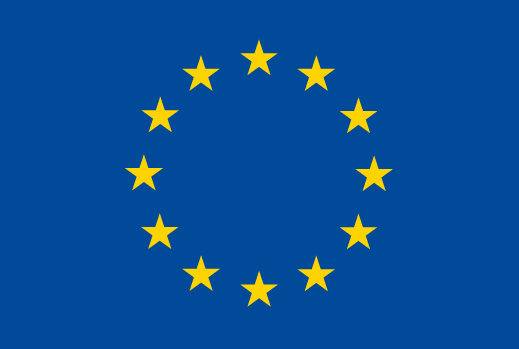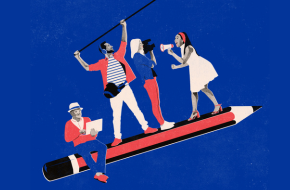The private copying levy is an important achievement in Europe, where it generates fair compensation for rightsholders in many countries, including performers, for the reproduction of legally acquired protected content, for personal and non-profit purposes. The levy aims to reduce the extent of the damage that right holders suffer for the unauthorised copying of their content. These days, consumers have access to a wide range of technological means enabling them to copy protected content and store it for their own enjoyment, albeit in a strictly family context. Gone are the days of video or sound cassettes, or even CD-ROMs: today storage capacities are almost unlimited: a simple mobile phone, a subscription for cloud archiving of digital files, the hard disk of any television set or a simple USB key allow consumers to keep thousands of sound and audiovisual files and to “play” them at any time.
This compensation is payable by the manufacturers or importers of the storage media. It is administered by collecting societies who distribute it to the legitimate rights holders.
For a long time, private copying levy has been in the sights of multimedia product manufacturers, represented in Europe by Digital Europe, who are unhappy to see their turnover impacted by what they consider to be an unwarranted tax. Consumers have also often called for this mechanism to be dropped, hoping that this would make those devices more affordable.
FIA has regularly joined forces with other rights holders, including songwriters, composers and content producers, to repel these attacks and instead demand that the basis for calculating the levy be broadened to include any new media for copying and storing copies for private use.
Digital Europe’s latest attack, more devious this time, was carried out under the guise of a few organisations, gathering several “European” tech companies in Poland, the Czech Republic, Slovakia and Hungary. These companies, which are in fact controlled by multinationals such as Samsung, HP, LG, Panasonic, Sony, etc., do not produce any devices or media in Europe that may be used for reproduction purposes, and mostly enable these large groups to sell their products in Europe and take full advantage of the European single market. The aim of Digital Europe was clearly to influence the course of several negotiations underway in these countries and to give this initiative a “local” flavour, intended to persuade public authorities.
FIA, together with many other rights-holders’ organisations, has therefore recently spoken out in favour of maintaining the private copying levy and publicly denouncing the actions of non-European companies, which take advantage of the consumer craze for technological products enabling large-scale copying of copy-protected content, without the slightest intention of compensating rights-holders. In the end, the works of many European authors and artists, among others, are used as bait to sell these expensive, high-end products.





